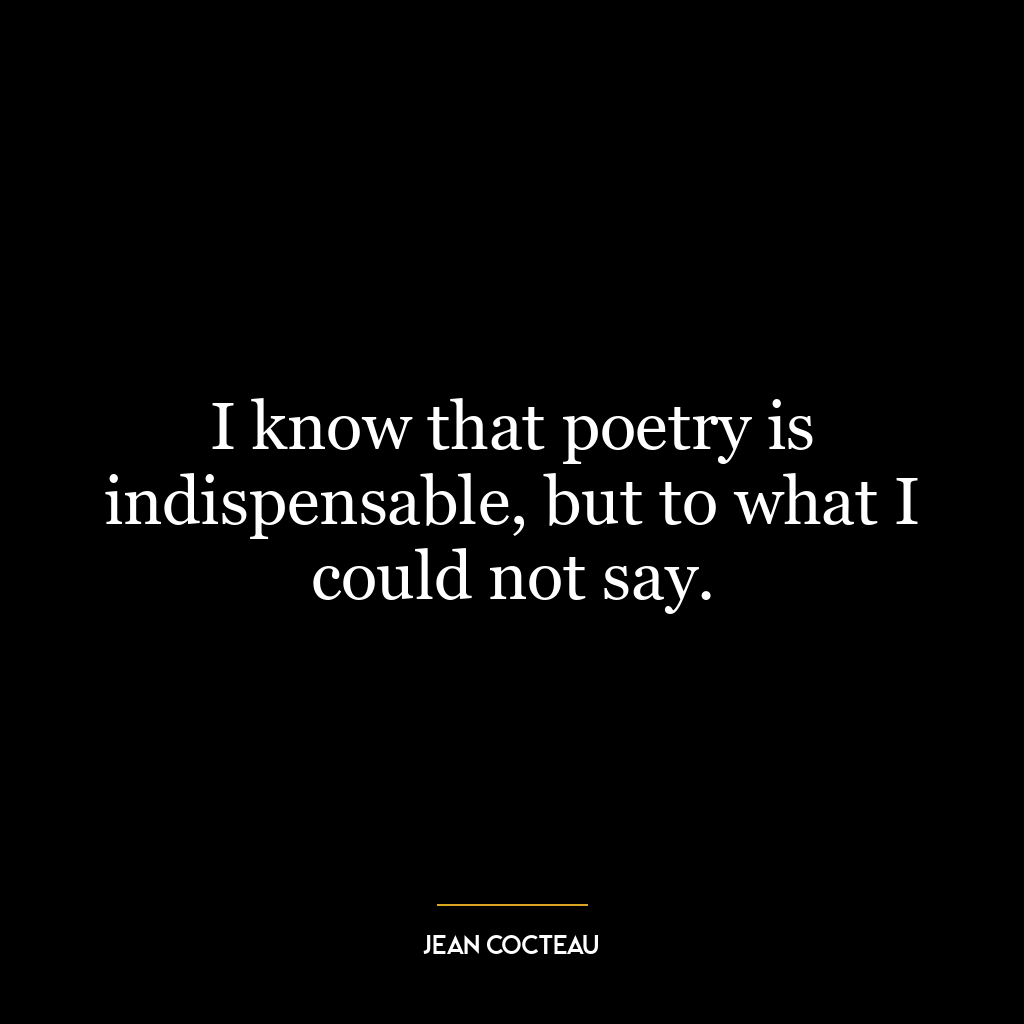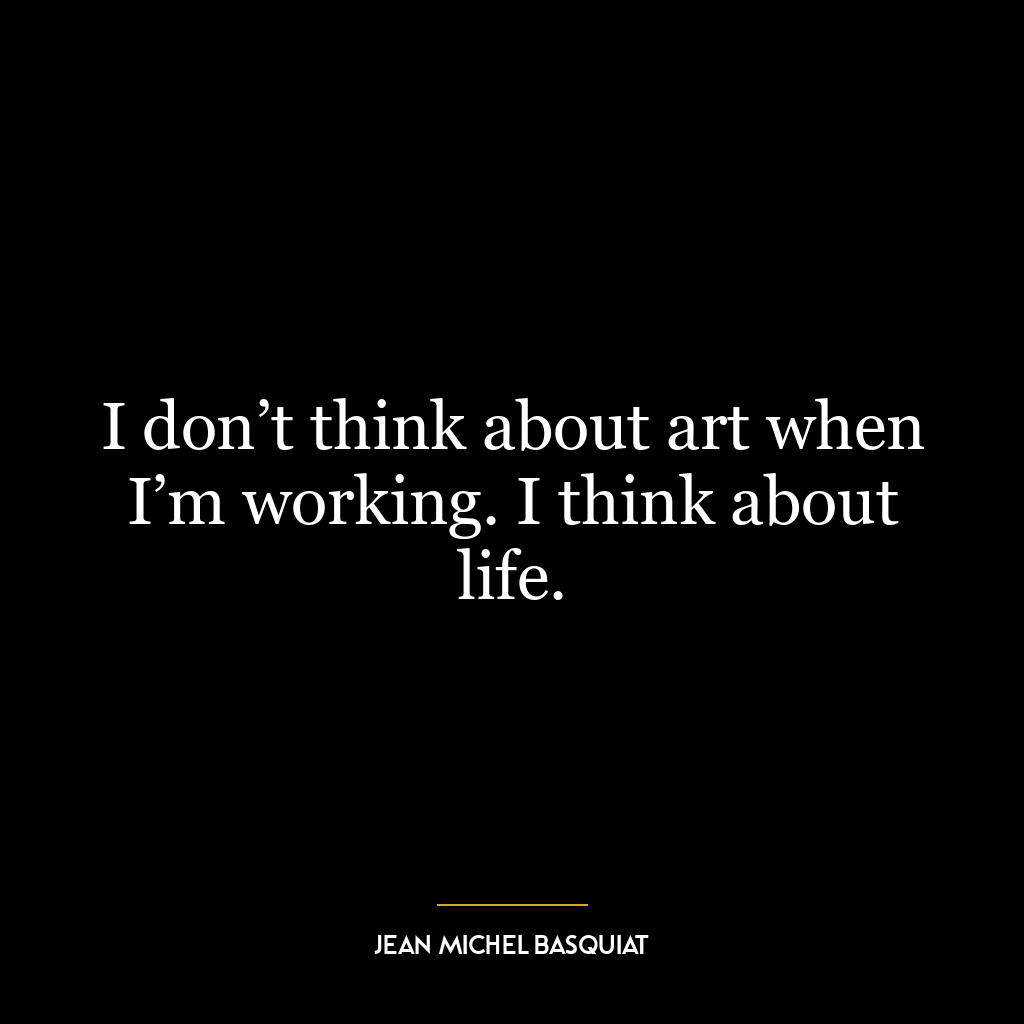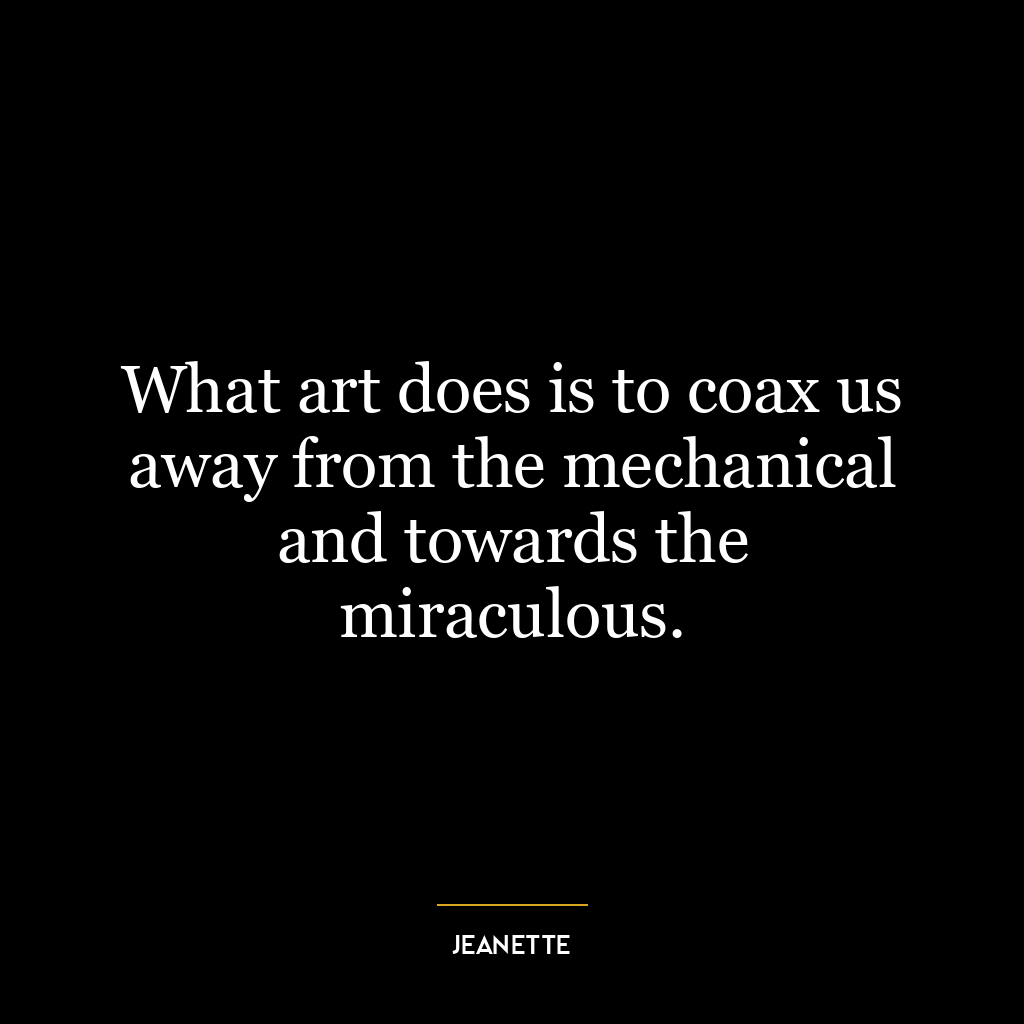This quote suggests that greatness, in any form, is not purely a product of human effort or talent, but also requires a touch of divine inspiration. Divine inspiration here refers to a force beyond human control or understanding, a kind of enlightenment or insight that transcends everyday thinking. It could be seen as a moment of clarity, a sudden understanding, or a unique idea that seems to come from nowhere.
This divine inspiration is what separates the truly great from the merely good. It is that extra spark that fuels extraordinary achievements and breakthroughs. This concept can be applied across various fields such as art, science, leadership, and more. It’s the divine inspiration that led to Mona Lisa’s enigmatic smile, Einstein’s theory of relativity, or Martin Luther King’s powerful speeches.
However, it’s important to note that this quote doesn’t suggest that hard work and talent are not important. Instead, it implies that these qualities alone are not enough to achieve greatness. There’s a need for that spark of divine inspiration, that moment of transcendence, to elevate one’s work from good to great.
Applying this idea to today’s world or personal development, it suggests that we should be open to moments of divine inspiration. This could be by cultivating mindfulness, nurturing our curiosity, and being receptive to new ideas. We should also recognize that these moments cannot be forced but can be invited by creating the right conditions.
In personal development, this could mean continuously learning and growing, pushing beyond comfort zones, and not being afraid to take risks. It’s about creating an environment where divine inspiration can strike, where a sudden insight or idea can change the course of our personal or professional life.
Finally, this quote also invites humility. It reminds us that no matter how talented or hard-working we are, we are not the sole authors of our achievements. There’s a mysterious, divine element at play, something beyond our control that we should be grateful for.








